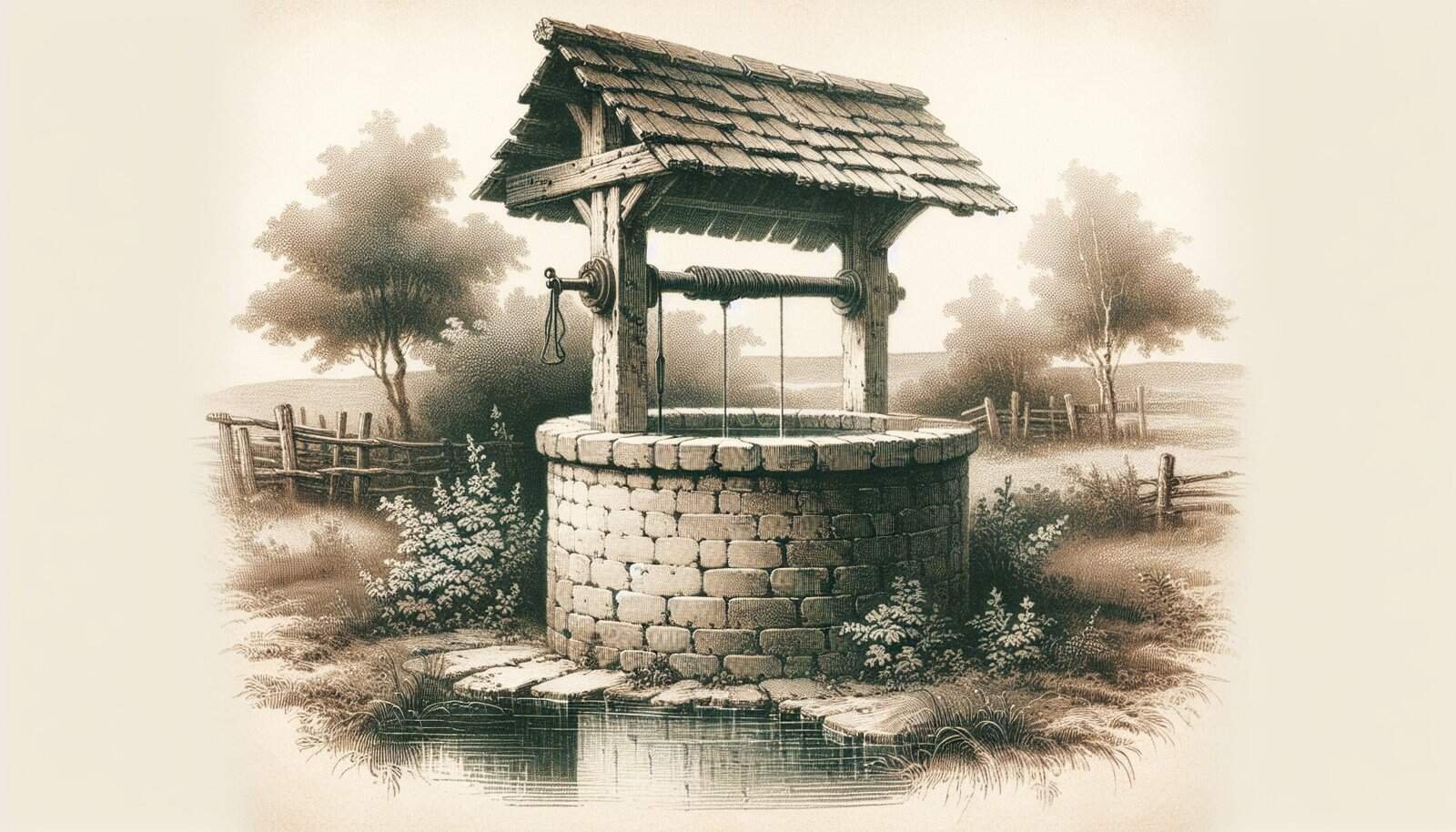Have you ever wondered if your well system might be leaking? It’s a concern that many people with private wells think about, especially if you notice unusual changes in your water supply or electric bill. A leaking well system can waste water and cause environmental issues or even damage your property over time. But how can you tell if your well system is leaking, and what can be done about it?

Understanding Your Well System
Before you can determine if your well system is leaking, it’s essential to understand how it works. A typical well system includes several critical components, each of which can be the source of potential leaks.
Key Components of a Well System
Well Casing: This is the tubular lining installed in the drilled hole to maintain the well opening. A crack or damage to the casing could cause leaks.
Well Pump: The pump moves water from the well to your house. If the seal is damaged, it could result in a leak.
Pressure Tank: This component maintains water pressure and controls when the pump turns on and off. A malfunction might cause water to leak or seep.
Pipes and Valves: These transport water around your property. Aging or damaged pipes are common sources of leaks.
Water Storage Tanks: If you have additional tanks, these could also be sources of leaks due to corrosion or damage.
How Your Well System Works
Water is drawn from the groundwater supply and pumped through the well casing to the pressure tank and then distributed throughout your home. Each component in this chain can wear out over time or become damaged, leading to potential leaks.
Signs of a Leaking Well System
Recognizing the signs of a leaking well system can save you from more severe issues down the line. Here’s what to look for:
Unusual Increase in Water Bills
One of the most telling signs of a leak is an unexpected spike in your water bill. If your usage hasn’t changed but the bill has, there might be a silent leak somewhere in the system.
Drop in Water Pressure
A significant drop in water pressure can indicate a leak, especially if it’s sudden. This happens because the water meant to reach your home is escaping elsewhere.
Air in the Pipes
If you notice sputtering taps or hear air sounds in the pipes, this could indicate that air is entering the system through a leaking area, especially around the pump or pressure tank.
Wet Spots in Your Yard
Unexpectedly damp or muddy areas in your yard can suggest that water is escaping from underground pipes or the well itself.
Dirty Water
If your water is suddenly cloudy or contains sediment, it might mean that your well casing is compromised, allowing surface water and debris to enter your system.

Diagnosing the Source of the Leak
Once you identify potential signs of a leak, you’ll need to diagnose the specific source. Here are some ways to do this effectively.
Conduct a Visual Inspection
Start with a thorough visual inspection of your well system. Check all visible components for signs of damage or wear. Look for cracks, rust, or moisture around joints and seals.
Use a Pressure Gauge
Attach a pressure gauge to monitor the well system’s pressure. A slow decrease in pressure with all outlets closed could indicate a leak.
Perform a Shut-off Test
Turn off the pump and all water-consuming appliances, then watch the pressure gauge. If it drops with everything shut off, a leak is likely present.
Listen for Water Sounds
Sometimes, leaks make sounds. Stand near your well system and listen carefully. If you hear water running when all taps are off, there might be a leak.

Professional Assessment
While some issues can be identified with at-home methods, others require professional insight. Knowing when to call in an expert can save you time and prevent further damage.
When to Call a Professional
If your inspections and tests indicate a leak but aren’t specific about the source, or if you’re uncomfortable performing these checks, it’s wise to contact a professional. Here’s when to make the call:
- Persistent low water pressure despite your troubleshooting attempts.
- Difficulty identifying the leak’s location.
- Confidence that the leak is underground or within well casing.
What to Expect from a Professional Inspection
A professional well technician will often perform more advanced diagnostics, including pressure tests, camera inspections inside well casings, or electronic locating techniques. They can pinpoint leaks that are invisible to you and recommend appropriate fixes.
Cost Considerations
The cost of a professional inspection and repair can vary widely based on the issue’s complexity and location. Costs can range from $100 for a basic inspection to several thousand for major repairs. However, investing in early diagnosis can prevent more costly damage down the line.

Preventing Future Leaks
Regular maintenance and a few precautionary measures can minimize the likelihood of future leaks in your well system.
Routine Inspections
Set up a schedule for regular inspections, either by yourself or by a professional, to catch potential issues early. Annual check-ups are recommended for well systems.
Water Testing
Conduct routine water tests to ensure that no contaminants are entering your water supply through leaks. This is especially important if you suspect casing damage.
Pressure Monitoring
Regularly check the system pressure to notice any drops early. This can help you identify leaks when they first start.
Pipe and Tank Maintenance
Ensure that all pipes and tanks are free from corrosion, and replace any parts showing significant wear. Investing in high-quality materials can extend the system’s lifespan and prevent leaks.
Educate Yourself
Staying informed about how your well system works and recognizing the signs of potential problems will empower you to take timely actions. Being proactive rather than reactive can save time, money, and stress.

Conclusion
Identifying a leak in your well system might seem daunting, but with a keen eye and a bit of know-how, you can often catch issues before they become severe. Recognize the signs, conduct regular checks, and don’t hesitate to seek professional help when needed. Remember, your diligence in monitoring and maintaining your well system can ensure a reliable water supply for years to come, providing peace of mind along with efficient water use. If you’re proactive and informed, keeping your well system in good condition can be a manageable and rewarding task.
